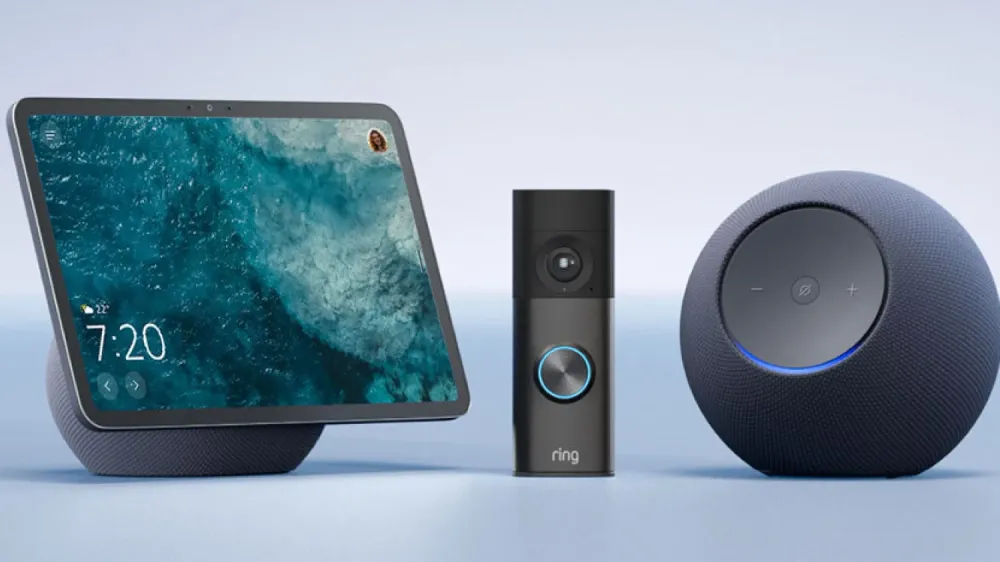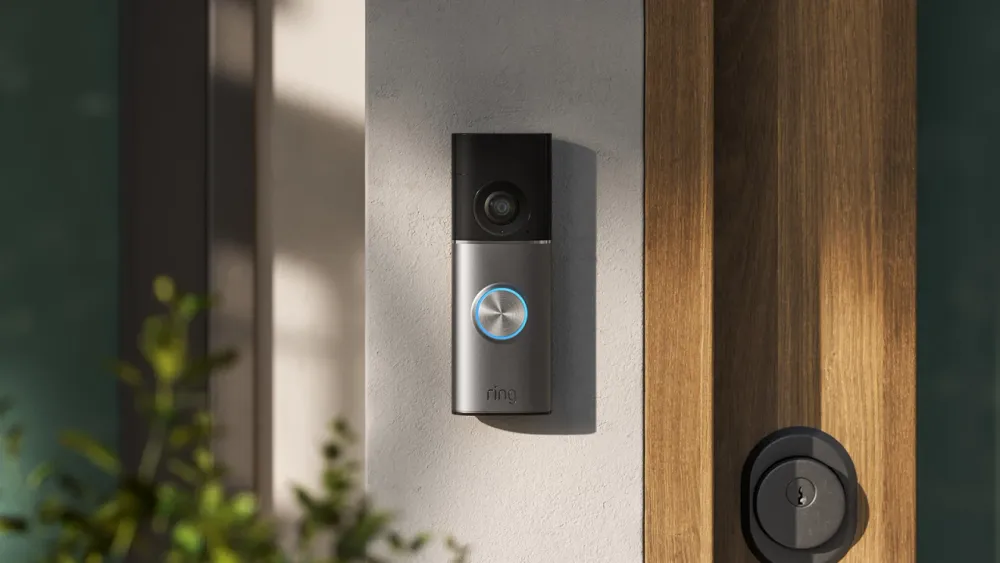I went all in on smart speakers when they launched. I have a bunch of Google Home speakers (mini and regular sized!) and more Alexa-enabled devices than I care to admit. Right now, I have seven devices plugged in, waiting for the activation keyword, around my home.
And do you know what I do with those speakers? I set timers for cooking. My wife sets her morning alarm. And I have a routine that lets me turn off my bedroom lights.
That's it. The best "smart" home technology Big Tech has to offer does nothing more than tell me when my pasta is cooked.
I've tried to do more with these devices. I've spent hours creating routines that ultimately become inconvenient. I've tried using them to ask for information. I try to make the most of what they can offer.
But the reality is that the offering is underwhelming. Neither Google Assistant or Alexa is reliable enough that I can effectively make it a part of my home without getting massively annoyed.
So my thoughts on Google's announcement overnight that it is planning on integrating its Gemini AI platform into its smart home offering behind a $12/month Nest Aware subscription does not fill me with excitement. It seems like a natural progression for a corporate monopoly desperate to start seeing some financial returns on its over-investment in AI.
What will this Gemini-powered smart home do?
Google lists three key advantages for stuffing AI into its smart home platforms, the first two locked in the Nest Aware subscription.
The first is with your Nest security cameras. Google claims that with Gemini, Nest cameras will be able to better understand what happens around your home, which it can then translate into information.
Here's the example Google shared:
For example, “Did the kids leave their bikes in the driveway?” Google Home can search through your camera history, giving you a list of only the relevant events and a helpful summary. That simply wasn’t possible before. The sky's the limit for what you can ask, “Did the FedEx truck drive by today?” or “Did my dog go near the cookies?”
Let's be completely honest with ourselves for a moment: These questions are ultimately useless. The answers to the questions will make no meaningful difference to your day-to-day life.
What's more, it's barely an advantage over the current setup. You can look at people alerts on home security cameras already, and you'll be able to see pretty clearly if your kids left their bikes in the driveway.
Google promises natural language descriptions of things it detects, and the ability to create automations based on those alerts. For example, you might create an automation to tell your kids to put their damned bikes away when they get home.
The second benefit of Gemini claimed by Google is being able to create automations with more natural language. So it's not allowing for new automations, just making it easier to do the work.
That's fine – I've found that automations and routines can be a pain to create, particularly if they are a bit more complex.
But they are still pretty limited. The first time your Gemini-created automation goes off when you don't want it to, you'll switch the whole thing off and curse the day you ever bought a smart speaker.
Better Google Assistant
Finally, Google promises to make improvements to the Google Assistant's conversational prowess on its Nest smart speakers.
I'm going to hold out with some hope on this one, because deep down I don't think it will actually make the service worthwhile, though I kind of want it to. It's also not planned to sit behind the Nest Aware subscription.
Currently, none of the smart devices I use reliably understands my requests more than 50% of the time, so I don't use it anymore.
If the reliability steps up, then the more understanding and conversational approach might be a useful addition.
Though I'm still not convinced I'd actually use it for more than setting a cooking timer.
When will it launch?
Google's planning on rolling these Gemini-enabled improvements to Nest aware subscribers in Public Preview later this year, before a wider rollout in 2025.
I'm not even sure if it will be available for Australian customers at first, either.
But this announcement is a clear indication of where Google is headed with its AI ambitions. If you want to take advantage of the search-giant's AI-services, there's a good chance you'll have to pay for them.
And given the quality of the services we've seen so far (AI search summaries, anyone?) I think I'll pass.
🛒 Where to buy Google
Available from these trusted retailers:









BTTR is independent, but we may earn money when you purchase through links on our site. This helps us cover costs and continue providing honest reviews. Find out why you should trust us.
BTTR relies on support from readers like you to keep going. If you'd like to support our work, consider a one-time donation. Every little bit helps us to cover costs and stay independent. 100% of donations go directly to authors. Thanks for your support!





